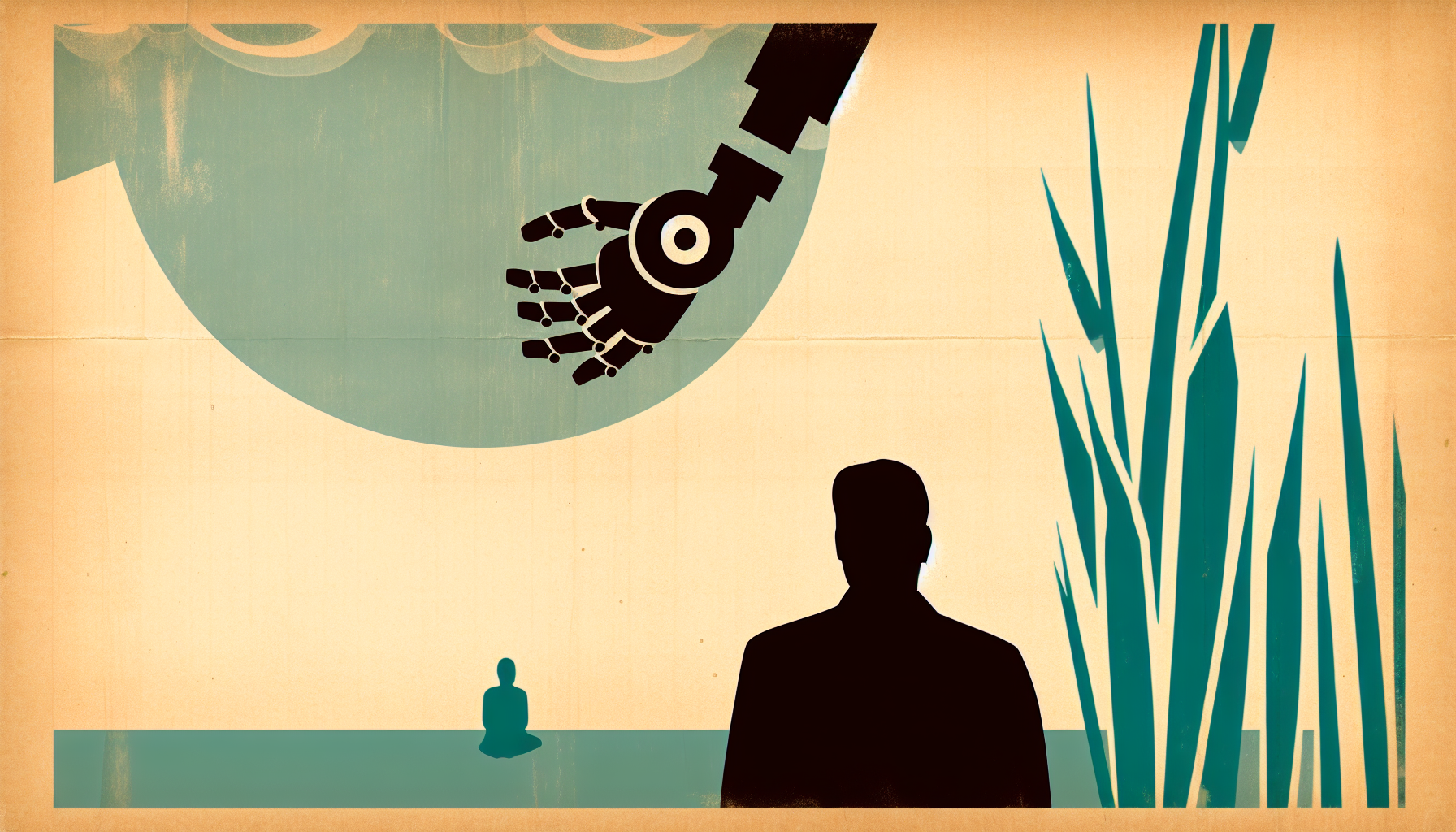In the age of smartphones that know us better than our closest friends, we seem poised on the edge of a question as ancient as humanity itself: What is free will, and can we preserve it in a world governed by artificial intelligence?
AI, with its algorithms and ever-improving ability to learn and adapt, has given us countless conveniences and efficiencies. But it also raises profound questions about our capacity for free thought and action. Are we the captains of our own destiny, or are we, as some fear, becoming mere cogs in a machine-driven world?
Defining Free Will in a Digital Era
Free will is the notion that we are autonomous agents capable of making choices free from external coercion. Yet, the rise of AI complicates this simple idea. Our preferences, desires, and even actions can be subtly influenced by algorithms designed to predict what we’ll want before we even know ourselves.
Consider your daily interaction with social media. The content you see is curated by AI, tailored to keep you engaged. It learns from your clicks, likes, and shares, presenting you with a digital reflection of your tastes and opinions. But here’s the kicker: while it feels like you’re freely choosing what to watch or read, your choices are heavily guided by an unseen hand.
Algorithmic Influence
It’s fascinating—and a tad unnerving—how much an algorithm can shape our behavior. Take personalized advertisements, for example. They anticipate our needs so well that it often feels like our smartphones are reading our minds. But are these ‘suggestions’ enhancing our freedom by saving time, or are they narrowing our choices, nudging us down predetermined paths?
The ethical implications grow deeper when we consider that algorithms aren’t neutral. They reflect the biases of their creators and the data they are trained on. This means that our supposed ‘free’ will is being subtly shaped by the prejudices embedded within these digital entities.
The Illusion of Choice
One might argue that the presence of choice equates to freedom. If I can choose among ten different brands of cereal, am I not exercising my free will? However, it’s worth pondering whether these choices are genuinely free or merely the illusion of freedom. The cereal aisle, like much of our algorithmically curated world, presents options within a predefined scope, limiting our choices to what is already offered.
Moreover, the concept of ‘nudging’ in behavioral economics suggests that our decisions are frequently influenced by how choices are presented. AI algorithms are adept nudgers, steering us gently but firmly toward outcomes they predict we will prefer—or that are profitable to someone else.
Pragmatic Coexistence
So, should we stage a digital rebellion and rid ourselves of AI’s influence? That’s neither practical nor desirable. The benefits of AI—efficiency, personalization, and the outsourcing of mundane tasks—are too significant to ignore. Instead, the key lies in cultivating awareness and fostering a sense of balance.
Educating ourselves about how these systems work can help mitigate their influence. By understanding that our choices are being shaped, we can make more conscious decisions. Just as we learn to critically evaluate news sources for bias, we should scrutinize the digital suggestions handed down to us.
The Paradox of AI and Human Evolution
Interestingly, as AI grows more sophisticated, it may also serve as a tool for enhancing our understanding of free will. Advanced AI models can simulate decision-making processes, potentially offering insights into human cognition and the subtleties of our conscious and unconscious choices.
Furthermore, AI has the potential to aid in self-reflection. Imagine a personal AI assistant that not only organizes your schedule but also provides objective feedback on your choices, helping you align your actions with your long-term goals. In this way, AI might paradoxically help us achieve a higher degree of self-determined action.
The Road Ahead
As we integrate AI more deeply into our lives, the task of preserving our sense of free will becomes increasingly complex. The challenge lies not in rejecting AI but in creating a harmonious relationship where technology enhances rather than diminishes our autonomy.
It may be useful to frame the conversation around ‘augmented’ free will, where AI acts as an enabler of informed and intentional choices rather than a surrogate for decision-making. By remaining vigilant and engaged, we can ensure that the human spirit of curiosity and independence thrives even in an algorithm-driven world.
In conclusion, the role of AI in defining free will is a delicate tango of influence and autonomy. We must carefully navigate this intricate dance, ensuring that we remain not just participants but also the choreographers of our own lives. And if the occasional AI-generated soundtrack keeps us in rhythm, perhaps that’s not such a bad thing after all.

Leave a Reply